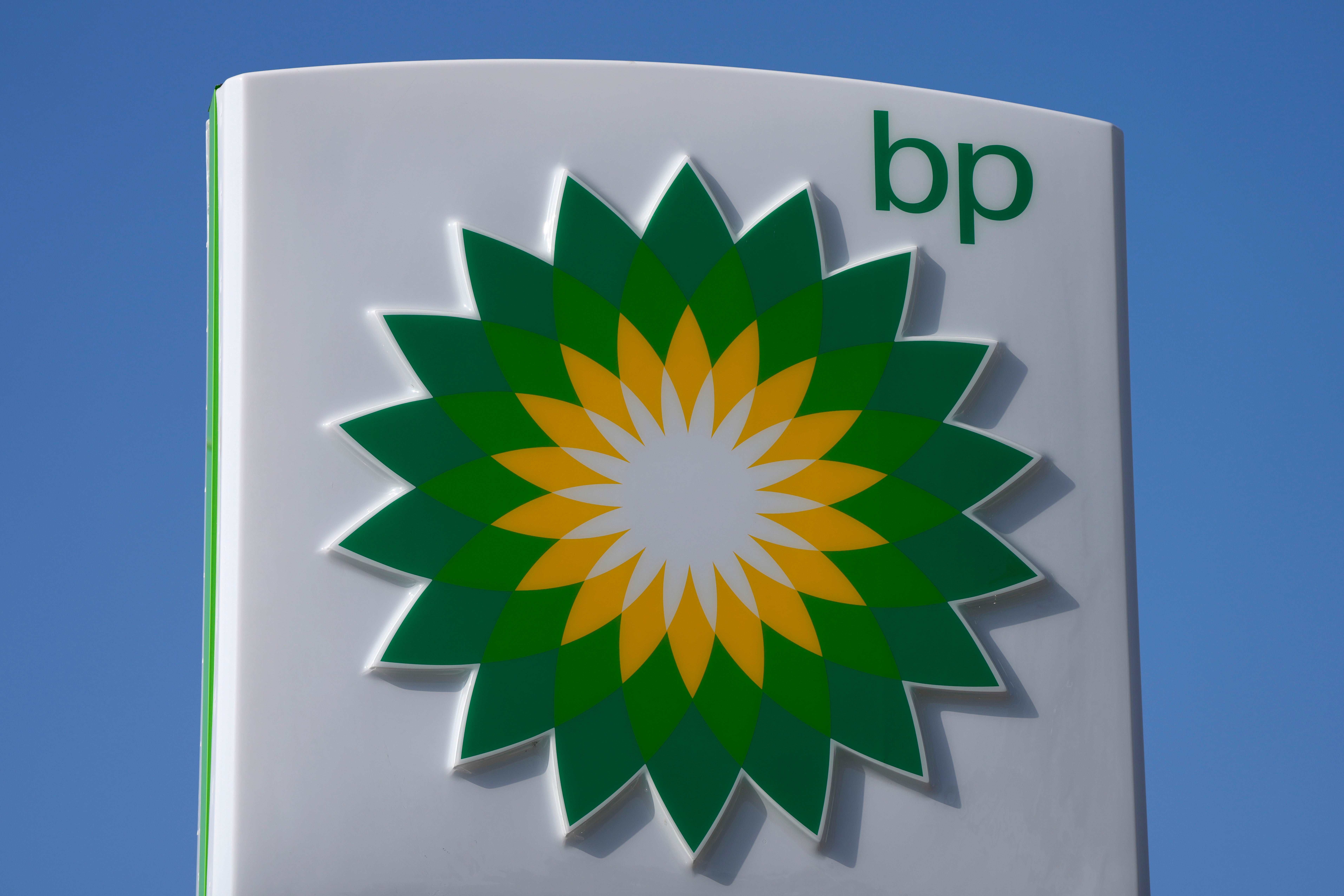BP’s bumper earnings make a compelling case for a windfall tax
Boris Johnson said such a levy would discourage investment. But would it? The oil giant, writes James Moore, seems more focused on share buybacks


“If you put a windfall tax on the energy companies, what that means is that you discourage them from making the investments that we want to see that will, in the end, keep energy prices lower for everybody,” said Boris Johnson.
The prime minister was speaking after BP revealed that sky high energy prices are filling up its profit tanks and pouring all over its forecourts.
Yes, there was the not insignificant issue of a $25.5bn (£20bn) hit to its headline pre-tax profit number courtesy of the group’s exit from Russia.
But that is what’s known as a non cash item. BP has lost a lot of value through its holdings in the country going down the toilet. These are important to record. Investors should pay due heed to them. But BP doesn’t need to go running to its lenders like it might if it, say, lost billions of real dollars through an oil rig blowing up and pouring billions of barrels of the black stuff on to an unsuspecting coastline.
It’s also worth remembering that Russia’s disgraceful actions in Ukraine have greatly contributed to the sky high energy prices which are greatly fattening BP’s cash earnings.
The $6.2bn (£5bn) “underlying” profit BP made is its highest in a decade, comfortably ahead of City forecasts and more than double this time last year. It is the sort of number that’s apt to draw attention when energy prices are so high that people are literally going without food to heat their homes when it gets cold. Hence the calls for that windfall tax.
But wait, does Johnson have a point when it comes to the investment he says he wants to see?
Let’s be clear, investment matters. Britain faces challenges when it comes to energy, the first being to ensure security of supply at a reasonable price. It also needs energy companies to invest in moving away from carbon to meet the commitments the nation has made to future generations.
BP could, and should, be a part of this. Is it doing its bit?
Not according to Follow This. The activist group advocates investing in oil companies to bring about change in their policies. Earlier this month, it noted earlier that “not a single oil major is Paris (climate accords) aligned according to the Climate Action 100+ Net Zero Company Benchmark”. Which would include BP.
BP’s results would, rather, suggest that investing in keeping its shareholders sweet over the short term is a far more pressing priority. In addition to an increased dividend, the group announced another $2.5bn (£2bn) of share buybacks. These are designed to shrink the number of shares in issue in the hopes of pushing the price of those that remain higher.
The trouble with buybacks is that you end up putting an awful lot of money towards rewarding people who want out by gobbling up their shares. Given that this is where so much of the extra cash flowing BP’s way courtesy of sky high energy prices is going, it doesn’t seem unreasonable to divert some of it the way of people who can’t afford to heat their homes.
Johnson seems to have missed that. He has a reputation as a non-traditional “Heineken” Tory – based on the old “Heineken refreshes the parts other beers cannot reach” slogan. But his words reveal a much more traditional Conservative than his public image would have you believe. We’ve heard their like before.
A windfall tax – which is already being tried elsewhere – would be a popular means of diverting some of BP’s excess profits away from share buybacks and into the pockets of people caught on the horns of horrible dilemmas.
If Johnson were really concerned about protecting the investments BP isn’t making enough of, there is an easy solution. He could make clear that the tax would be a one off, as happened with the privatised utilities in the early years of the Blair government, utilities whose stock prices soon recovered. It later became clear that they were having far too easy a time of it even after taking into account the tax, but that’s another story for another day.
The windfall tax is an idea whose time has come. With Johnson reluctant to steal the idea, as the Tories have in the past with some of Labour’s good ones, the opposition can feel free to keep pushing it hard. And it should.
Join our commenting forum
Join thought-provoking conversations, follow other Independent readers and see their replies
Comments
Bookmark popover
Removed from bookmarks